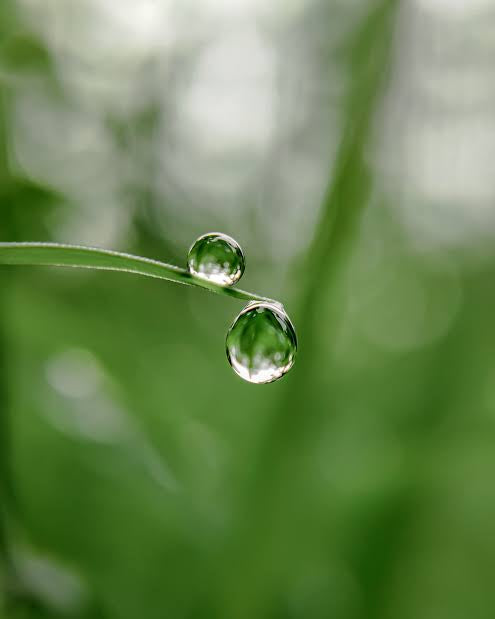
The Crucial Connection: Water Quality and Orchid Growth
Water, a fundamental element in orchid cultivation, directly influences the health and vitality of these exquisite plants. Yet, beyond quantity, the quality of water plays a significant role in determining the success of orchid growing endeavors. In this blog, we'll delve into the importance of water quality and its potential impact on orchid growth, offering insights and tips for ensuring optimal conditions for your prized orchids.
Understanding Water Quality
Water quality refers to various factors such as pH levels, mineral content, and potential contaminants present in the water. Orchids, like most plants, are sensitive to these factors, and deviations from ideal conditions can affect their growth, flowering, and overall well-being.
pH Balance
Maintaining the right pH balance in water is crucial for orchid cultivation. Most orchids prefer slightly acidic to neutral pH levels ranging from 5.5 to 6.5. Water with high pH (alkaline) can lead to nutrient deficiencies as certain essential minerals become less available to the plant. Conversely, water with low pH (acidic) can be corrosive and harmful to orchid roots.
Mineral Content
The mineral content of water, including salts and dissolved solids, can also impact orchid health. Excessive salts can accumulate in the growing medium, leading to root burn and dehydration. Additionally, high levels of certain minerals like chlorine and fluoride, commonly found in tap water, can be detrimental to orchids over time.
Contaminants and Impurities
Water contaminated with chemicals, heavy metals, or pathogens poses a significant risk to orchid growth. Chlorine and chloramine, commonly used to disinfect municipal water supplies, can harm beneficial microbes in the growing medium and damage delicate orchid roots. Similarly, heavy metals such as lead and copper can accumulate in the plant tissues, leading to toxicity issues.
Tips for Ensuring Quality Water for Orchids
-
Use Filtered Water: Investing in a water filtration system, such as a reverse osmosis filter, can help remove impurities and ensure a clean water source for your orchids.
-
Collect Rainwater: Rainwater is naturally soft and free from chlorine and other contaminants, making it an excellent choice for watering orchids. Collect rainwater in clean containers and use it as needed.
-
Allow Water to Sit: Allowing tap water to sit for 24 hours before using it for watering can help dissipate chlorine and chloramine, reducing their harmful effects on orchids.
-
Monitor pH Levels: Regularly test the pH of your water using a pH testing kit and adjust as necessary using pH modifiers to maintain optimal levels for orchid growth.
Conclusion
Water quality is a critical factor that should not be overlooked in orchid cultivation. By understanding the impact of pH balance, mineral content, and contaminants on orchid health, growers can take proactive measures to provide their plants with the best possible growing conditions. With attention to water quality and proper care, orchid enthusiasts can enjoy thriving plants with stunning blooms for years to come.
